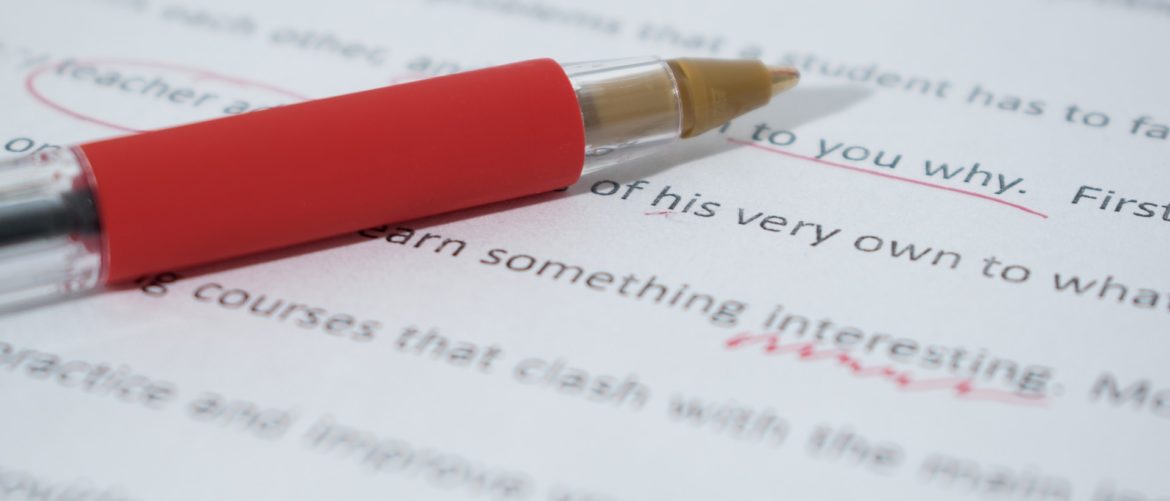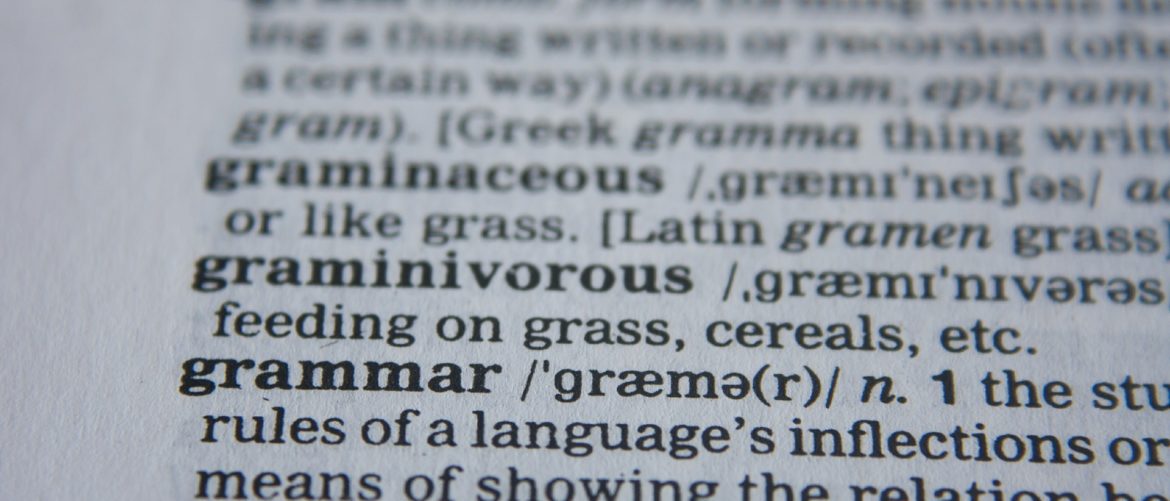Perfect Functions The present perfect is the most commonly used perfect tense construction in the English language. Although it has many functions we will deal primarily with just four perfect functions. A. It describes a state, event or habit that started in the past, and continues to the present and may continue into the future. For example:…

Grammar: Perfect Functions
February 12, 2017September 30, 2021 Grammar for TEFL Teachersenglish grammar, Grammar: Perfect Functions, International TEFL Institute, itefli, online tefl course, Online TEFL Courses, perfect functions, TEFL, tefl course, TEFL Courses









